We believe in the transformative power of peer support.
Peer Support Canada serves as the national leader and advocate for peer support across the country, dedicated to increasing its recognition, growth, and accessibility in mental health and substance use health spaces.

Sign up for our Newsletter
Join our community – subscribe to Peer Support Canada and CMHA National’s mailing lists for the latest updates and insights.
Donate Today
Donate now to CMHA National to help amplify the power of peer support and make a lasting impact in the lives of those navigating mental health and wellness challenges.

